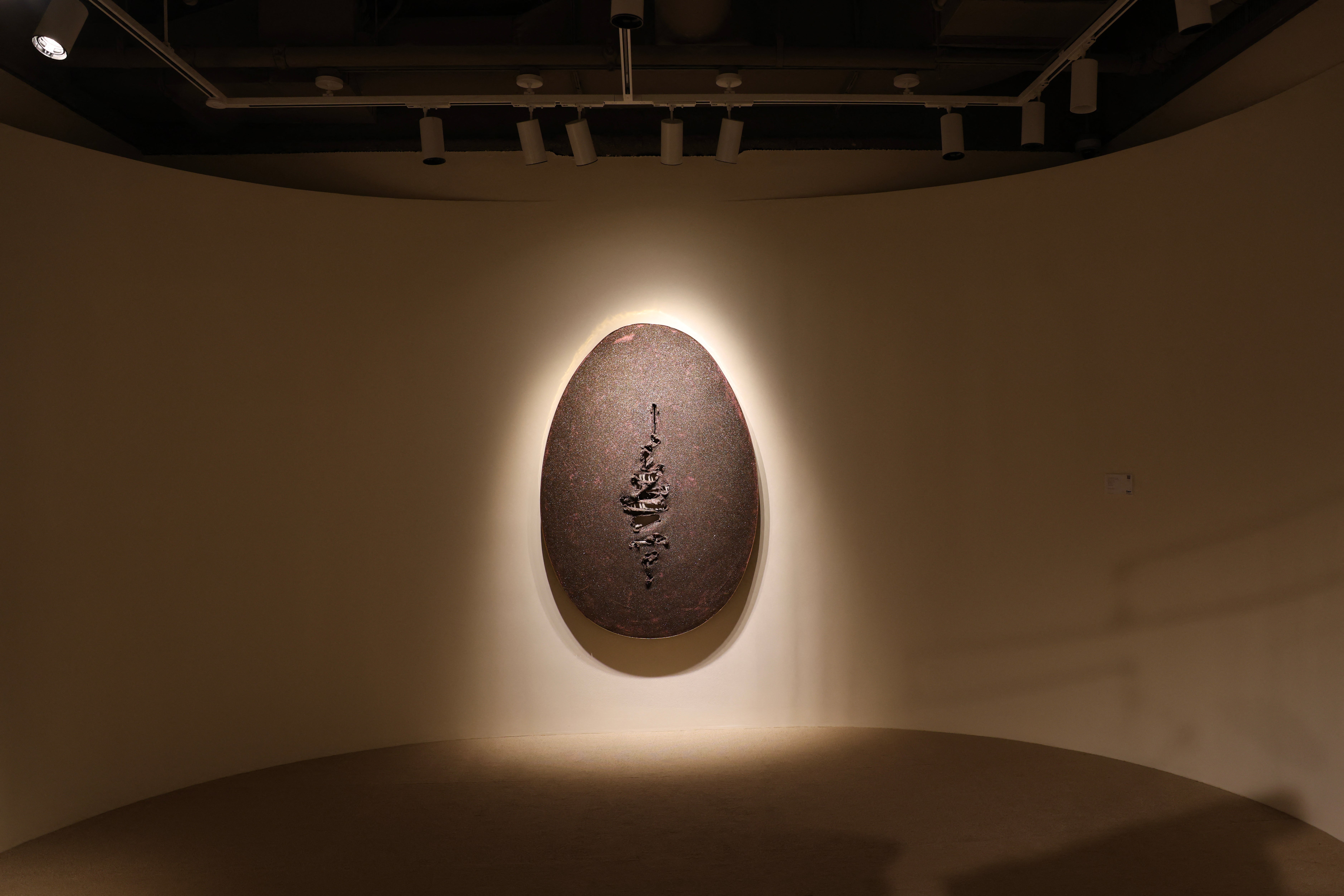ARTICLE AD BOX
India has demanded the immediate suspension of an auction in Hong Kong featuring a portion of Buddhist relics excavated over a century ago, calling the sale illegal and unethical.
The relics, listed for auction by Sotheby’s Hong Kong on 7 May, include gemstones and ritual items associated with Buddha.
The Ministry of Culture announced on Monday that it had served a legal notice to Sotheby’s and to Chris Peppe, a descendant of William Claxton Peppé, the British colonial officer who unearthed the relics at Piprahwa in 1898.
The government is seeking their repatriation to India, describing them as an inseparable part of the country’s religious and cultural heritage.
“These relics, excavated from the Piprahwa Stupa – widely recognised as the ancient city of Kapilavastu, the birthplace of Lord Buddha – hold immense historical and spiritual significance,” the ministry said in its statement.
The auction, titled The Piprahwa Gems of the Historical Buddha, Mauryan Empire, Ashokan Era, circa 240–200 BC, features bone fragments, crystal and soapstone reliquaries, gold ornaments and precious stones such as garnets, pearls, and amethysts.
They were originally buried in a stupa, a sacred Buddhist funerary mound in Piprahwa, believed to be in present day Indian state of Uttar Pradesh, and included offerings said to have been made during the reinterment of the Buddha’s remains more than 200 years after his death around 480 BC.
An inscription in Brahmi script found on one of the reliquaries links the items to the Sakya clan, the Buddha’s family.
The majority of the relics were transferred to the Indian Museum in Kolkata in 1899 and have since been designated ‘AA’ antiquities under Indian law, making their sale or export prohibited. A portion of the bone relics was gifted to the Buddhist monarch, King Chulalongkorn of Siam (now Thailand), while some of the remaining artefacts stayed with the Peppé family.
The ministry has accused the auction house of “participating in continued colonial exploitation” and stated that these relics must not be treated as archaeological specimens but rather as “the sacred body” of the Buddha, deserving of religious veneration.
"These relics – referred to as 'duplicate jewels' – constitute inalienable religious and cultural heritage of India and the global Buddhist community.” the notice read. “Their sale violates Indian and international laws, as well as United Nations conventions.”
A post on the ministry’s official X (formerly Twitter) account confirmed that Sotheby’s had responded with the assurance that “full attention” is being given to the matter. However, the auction listing remained active at the time of writing.

During a bilateral meeting on 2 May, culture minister Gajendra Singh Shekhawat raised the issue with the UK’s secretary of state for culture, media and sport, Lisa Nandy. Mr Shekhawat reportedly urged swift intervention to stop the sale and ensure the relics are returned to India.
India’s culture secretary also chaired a high-level review meeting on Monday to coordinate further action. The Ministry of External Affairs has been asked to engage through diplomatic channels in both Hong Kong and the UK, while the Financial Intelligence Unit is coordinating with its Hong Kong counterpart to underline the illegality of the auction.
The Independent has reached out to Sotheby’s for comments.
In a post on Sotheby’s website, Mr Peppe, who is now based in Los Angeles, stated that he and two cousins inherited the relics in 2013 and began research into their historical context. He maintains that the relics are not corporeal remains of the Buddha but rather offerings from a later period.
“I have not found any Buddhists who claim the gems are corporeal remains,” he previously told The Guardian, adding: “Legally, the ownership is unchallenged.”
However, the Indian government has rejected that interpretation. In its legal notice, it argued that relics placed in stupas are sacred grave goods that cannot be commodified.
It called upon Sotheby’s and Mr Peppe to issue a public apology and disclose any additional relics still in their possession or previously transferred to other individuals or institutions.
The ministry also threatened legal action in Indian and Hong Kong courts and through international bodies, and pledged to launch a public campaign against what it called Sotheby’s role in “perpetuating colonial injustice”.
“We call upon Sotheby’s Hong Kong to immediately withdraw the relics from auction and cooperate with Indian authorities to return these sacred artefacts to their rightful place,” the statement concluded.









 English (US) ·
English (US) ·